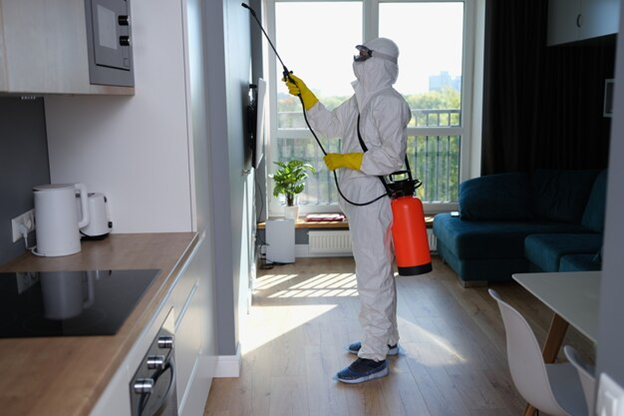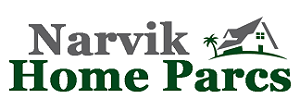Everything You Need to Know about Wasps in Melbourne

Introduction
Melbourne, a city known for its vibrant culture and beautiful landscapes, is also home to a variety of wildlife, including wasps. These buzzing insects play an essential role in our ecosystem, but they can sometimes be a nuisance or even a danger. In this guide, we’ll delve into everything you need to know about wasp control in melbourne. From their life cycle to tips on dealing with them, we’ve got you covered.
Life Cycle of Wasps
Wasps, like many other insects, go through a fascinating life cycle. Understanding this cycle can help you better deal with them.
Egg Stage
The life of a wasp begins as an egg laid by the queen wasp. These tiny eggs are usually attached to the walls of their nests.
Larval Stage
Once the eggs hatch, they enter the larval stage. During this phase, the worker wasps feed the larvae with insects and nectar.
Pupal Stage
Next comes the pupal stage, where the larvae spin a silk cocoon and undergo metamorphosis, transforming into adult wasps.
Adult Stage
In this stage, the adult wasps emerge from their cocoons. They are responsible for building and maintaining the nest and foraging for food.
Types of Wasps in Melbourne
Melbourne is home to several types of wasps, but the most common ones you may encounter include:
1. Paper Wasps
Paper wasps are known for their umbrella-shaped nests, which can often be found under eaves or ledges. They are generally not aggressive but will sting if provoked.
2. Yellowjackets
Yellowjackets are recognized by their bright yellow and black stripes. They build their nests in underground burrows and can become aggressive if they feel threatened.
3. European Wasps
European wasps are larger than other species and have distinctive black and yellow markings. They can be particularly aggressive when defending their nests.
Everything You Need to Know about Wasps in Melbourne
Now, let’s dive into the specifics of dealing with wasps in Melbourne.
Identifying Wasp Nests
Recognizing a wasp nest is crucial to avoid unwanted encounters. Look for nests in sheltered spots, like trees, sheds, or wall cavities.
Wasp Behavior
Wasps are most active during the warmer months. They feed on nectar and can be attracted to sweet foods and drinks, making them a common sight at picnics.
Wasp Stings
Wasp stings can be painful and, in some cases, cause severe allergic reactions. If stung, clean the area with soap and water and apply a cold compress.
Wasp Nest Removal
If you discover a wasp nest on your property, it’s best to contact a professional pest control service for wasp removal melbourne. Attempting to remove the nest yourself can be dangerous.
FAQs
Q1: Can wasps be beneficial?
Yes, wasps play a vital role in pollination and controlling other pest populations.
Q2: How do I prevent wasp infestations?
Keep food containers sealed, and maintain a clean outdoor environment to deter wasps.
Q3: Are all wasp species aggressive?
No, some species are more docile than others, but all can sting if provoked.
Q4: What should I do if I find a wasp nest inside my home?
Contact a professional pest control service immediately for safe removal.
Q5: Do wasps serve any ecological purpose?
Yes, wasps help control populations of other insects, serving as natural pest controllers.
Q6: Can I use DIY methods to get rid of wasp nests?
It’s strongly discouraged. Professional wasp control is the safest option.
Conclusion
In this guide, we’ve covered everything you need to know about wasps in Melbourne. These insects, while sometimes a nuisance, are an essential part of our ecosystem. By understanding their behavior and knowing how to deal with them safely, you can coexist peacefully with these buzzing neighbors.

